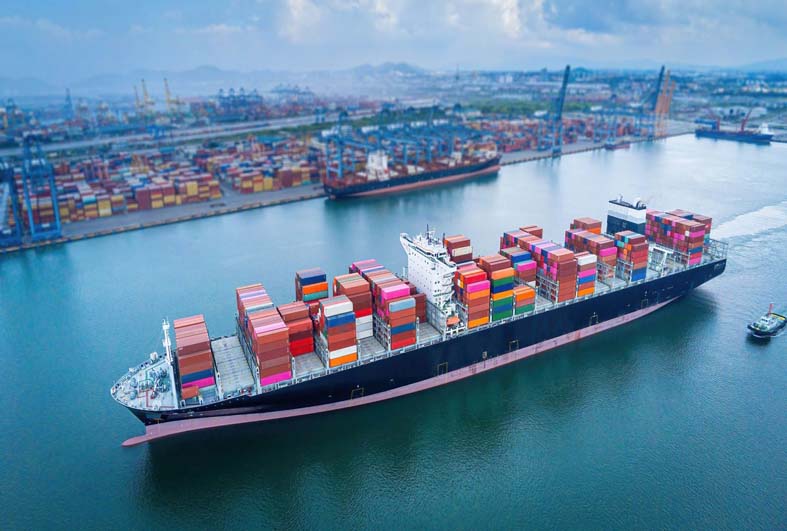Safetytech Accelerator has announced that two major UK maritime insurers, the UK P&I Club and TT Club, have enlisted in its Cargo Fire & Loss Innovation Initiative (CFLII)
Launched in February 2023, the multi-year collaborative technology acceleration programme focuses on reducing cargo fires and losses in the maritime sector, with support from leading industry partners including COSCO Shipping Lines, Evergreen Line, HMM, Lloyd’s Register, Maersk, the Offen Group, ONE, and Seaspan, collectively representing approximately 50% of the liner shipping market.
The programme aims to accelerate the adoption of technology and best practices by identifying specific opportunities, defining joint requirements, discovering technology solutions, conducting trials, and developing recommendations. It has already started working on the development of a solution for early fire detection in cargo holds.
The UK P&I Club, a global leader in insuring third-party liabilities for ocean-going merchant ships, and TT Club, a market-leading provider of mutual insurance and risk management services to the international transport and logistics industry, are the first insurers to join this initiative, aligning with a substantial portion of the world's container carriers already engaged in this open-innovation effort.
Stuart Edmonston, Loss Prevention Director at UK P&I Club, said, “We are really excited to join this initiative, to roll our sleeves up and get involved with the other Anchor Partners. Fires on board container ships keep happening, with depressing regularity, often resulting in tragic loss of life and catastrophic damage to ship and cargo. A large proportion of these fires are completely preventable, and we find that losses could have been mitigated by better practices. This is an industry-wide problem that requires collaboration. The only way to improve safety is to work together, share ideas, and identify and utilise modern technological solutions.”
The Initiative has a broad technology scope, encompassing three significant topics of concern. The first relates to onboard cargo control, including whether cargo has been properly loaded, secured and monitored during transit. The second area covers onboard fire, the ability to rapidly detect fires and prevent propagation through effective onboard response, particularly on cargo vessels such as container ships and car-carriers. The third topic of concern relates to the challenges created by the increasing scale of vessels.
Shipping companies and other maritime stakeholders who would like to know more about the Initiative, together with technology companies interested in addressing the topics of concern, are invited to contact us for further information, using the form below.






